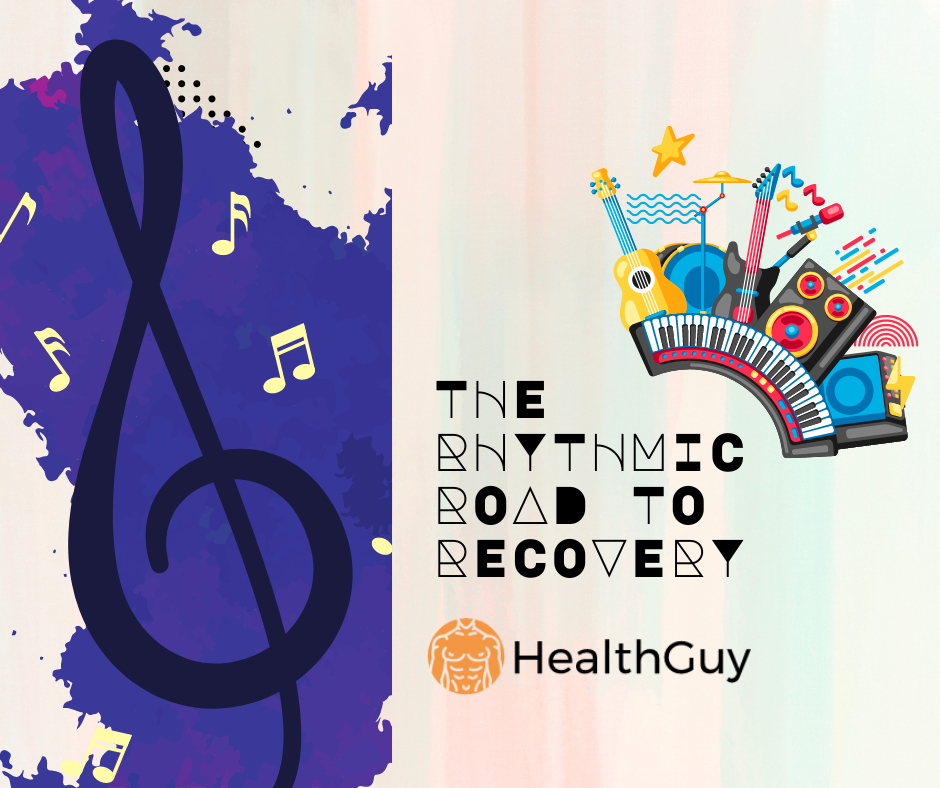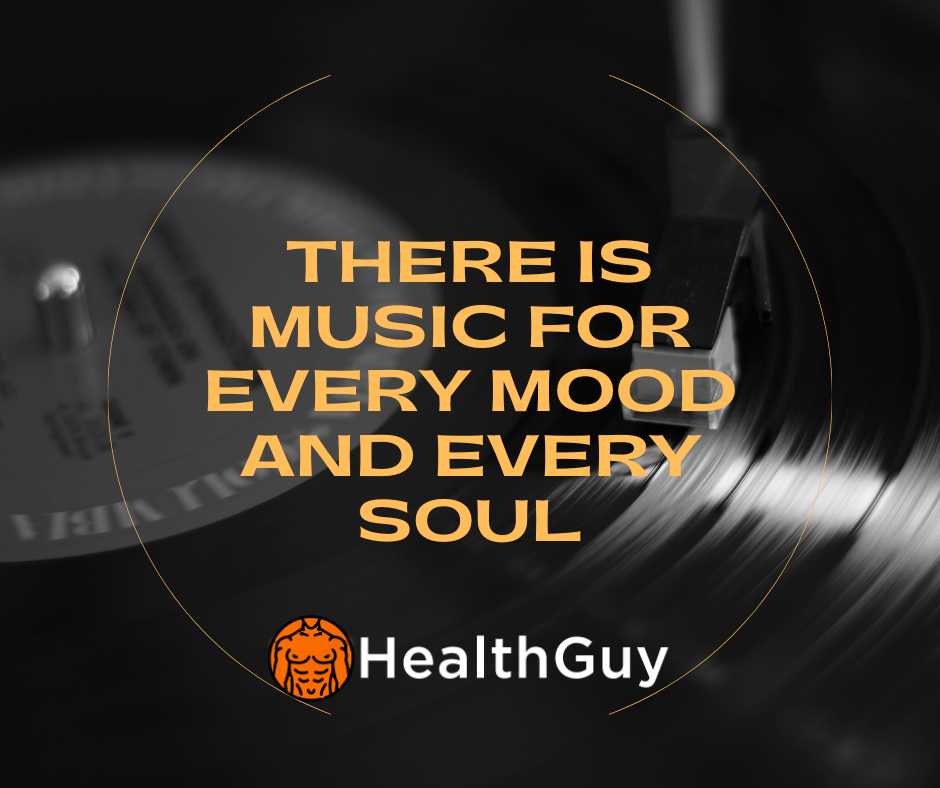
The Rhythmic Road to Recovery: Understanding the Benefits of Music Therapy
Music is a powerful tool that has been used for centuries to express emotions and communicate ideas. It has the power to evoke emotions, change moods, and even heal. In recent years, music therapy has gained popularity as a form of therapy for various mental and emotional health conditions. In this article, we will explore the benefits of music therapy for mental and emotional health.
What is Music Therapy?
Music therapy is a type of therapy that uses music to improve mental and emotional health. It is an evidence-based practice that uses music interventions to address the physical, emotional, cognitive, and social needs of individuals. It is based on the idea that music can stimulate the brain and positively affect the body.

Benefits of Music Therapy for Mental and Emotional Health:
- Reduces Stress and Anxiety: Music has a calming effect on the mind and body. It can help reduce stress and anxiety by slowing down the heart rate, lowering blood pressure, and reducing cortisol levels. Listening to music can also distract the mind from negative thoughts and promote relaxation.
- Improves Mood: Music can change our mood. It can evoke feelings of happiness, joy, and contentment. Music therapy can help individuals with depression, anxiety, and other mood disorders to experience positive emotions and improve their overall mood.
- Enhances Cognitive Function: Music has been shown to improve cognitive functions, such as memory and attention. Music therapy can help individuals with cognitive impairments, such as dementia, to improve their memory and other cognitive functions.
- Promotes Self-Expression: Music therapy can provide a safe and non-judgmental space for individuals to express their emotions and feelings. It can help individuals who have difficulty expressing themselves verbally to communicate their emotions through music.
- Enhances Social Skills: Music therapy can promote social skills by encouraging individuals to work together in a group setting. It can also help individuals with autism and other developmental disorders to improve their social skills and communication.
- Reduces Pain: Music has been shown to reduce pain and discomfort. Music therapy can help individuals with chronic pain and other medical conditions to manage their pain and improve their overall quality of life.
- Improves Sleep: Music has a calming effect on the mind and body, which can promote better sleep. Music therapy can help individuals who have difficulty sleeping to relax and fall asleep more easily.
Conclusion:
Music therapy is a valuable form of therapy that can benefit individuals with mental and emotional health conditions. It can improve mood, reduce stress and anxiety, enhance cognitive function, promote self-expression, enhance social skills, reduce pain, and improve sleep. If you are interested in music therapy, talk to a qualified music therapist to learn more about how it can help you improve your mental and emotional health.
